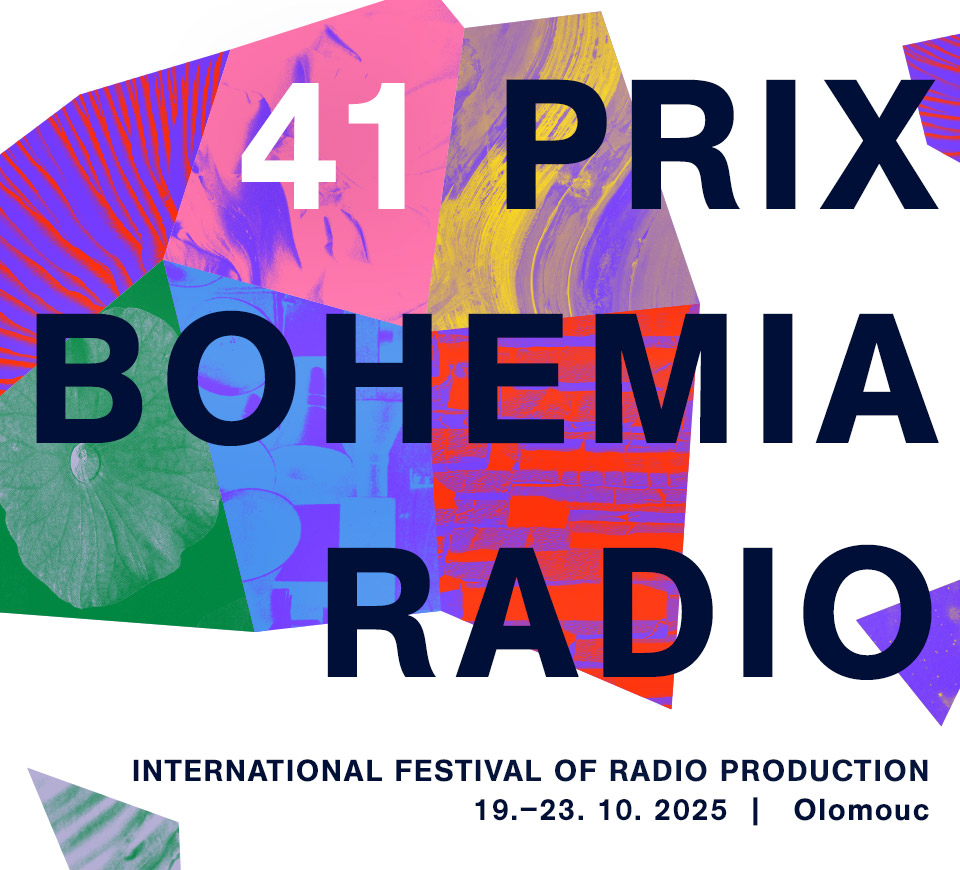The autonomous production potential of audio documentaries is slowly but surely maturing on the Czech media scene, says Ivan Studený
Being a juror in the documentary category is a very interesting career opportunity. Listening to several programmes concentrated into a short period of time brings a certain perspective and a chance to perceive overarching trends and connections, in addition to a set of remarkable stories and food for thought.
This year's Prix Bohemia Radio only reinforces my impression that the autonomous production potential of audio documentaries is slowly but surely maturing on the Czech media scene. Although this is happening in the shadow of a more predatory expansion of podcast production of every conceivable quality, we can observe a gradual but noticeable and, dare I say, beneficial trend.
Of the twenty-nine works entered in the Prix Bohemia Radio Documentary category this year, sixteen are produced by Czech Radio, five documentaries were produced by the Hatefree culture initiative, one was submitted by a news portal of a private publishing house, and one by an independent film and television production company. The remaining six documentaries are the work of university students. It is evident that the newly established productions focus on current social issues or dramatic stories that have the potential to reach audiences.
Čtěte také
From the range of themes, spanning from the war conflict in Ukraine to stories of people struggling with the current hardships of a world threatened by climate change to studies of the conflicts of a Czech society divided by persistent and hardened stereotypes and entrenched rudeness, an unobtrusive connecting line stands out. This is the will to seek understanding between the differently divided parts of society. Particularly in the documentaries of young filmmakers, I observe and welcome the need to communicate with the older generation, to express an unspectacular admiration for their personalities, a desire to understand their perception of the world.
The emergence of mature documentaries at universities and their involvement in the form of their participation in the competition show is both good news indicating the possibilities for further development of audio formats, but also an opportunity to observe emerging patterns in media communication, or rather offers of possible future directions. The success of independent productions, in turn, promises opportunities for maturing writers who do not necessarily seek employment only within the programming lines of public service media stations.






